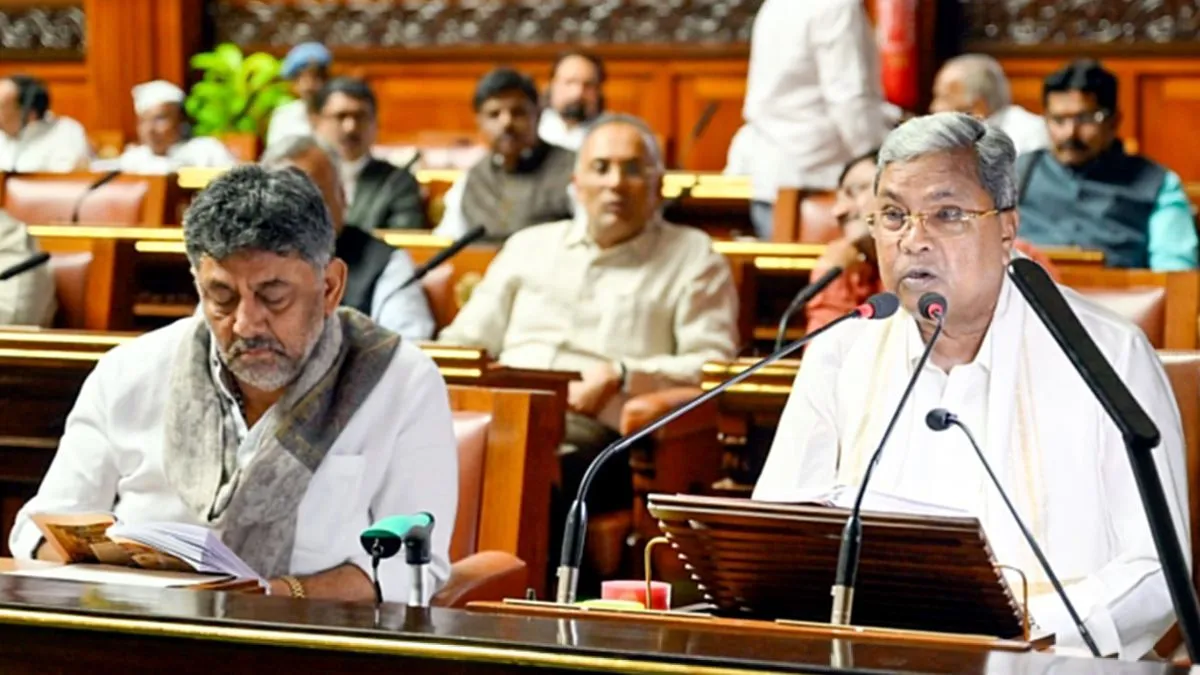- By Deeksha Gour
- Thu, 13 Mar 2025 09:46 AM (IST)
- Source:JND
Bengaluru News: The Greater Bengaluru Governance Bill, 2024, has been passed in the Upper House of the Karnataka legislature, despite significant objections from several Legislative Council members. The vote took place on Wednesday, marking a contentious moment in the state's legislative process.
Deputy Chief Minister D K Shivakumar, who also serves as the Bengaluru Development Minister, addressed concerns regarding the potential division of Bengaluru due to the bill. He stressed that the legislation is intended to enhance the city’s administrative framework. "Kempegowda laid the foundations for this city, but Bengaluru has expanded beyond those initial boundaries. I understand your worries and assure you that Bengaluru will not be divided," he stated.
ALSO READ: Holi 2025: Bengaluru Embraces Water Conservation For Eco-Friendly Celebration Amid Ongoing Scarcity
The Deccan Herald report cited Shivakumar as stating that the bill was developed after extensive discussions with stakeholders and consultations with the public. In response to opposition leader Chalavadi T Narayanaswamy's concerns about some local bodies' ability to generate adequate revenue, he clarified, “We have not altered Article 74 and revenue transfers between local bodies will not occur. If a local body is struggling, we have provisions for state financial support.”
ALSO READ: Bengaluru Auto Fare Hike Likely? Drivers Seek Minimum Rs 50 After Namma Metro, Bus Raise Prices
The Deputy CM also promised that all council members would be consulted while drafting rules for the Greater Bengaluru Authority. He noted that the Chief Minister would regularly preside over meetings, as many projects will need approval from the Finance Department.
When questioned about the number of corporations that would be established under the bill, Shivakumar mentioned, "There are provisions for seven bodies, but we will start with fewer." However, when the bill was tabled for a vote, BJP members chose to walk out of the house, expressing their dissent.


